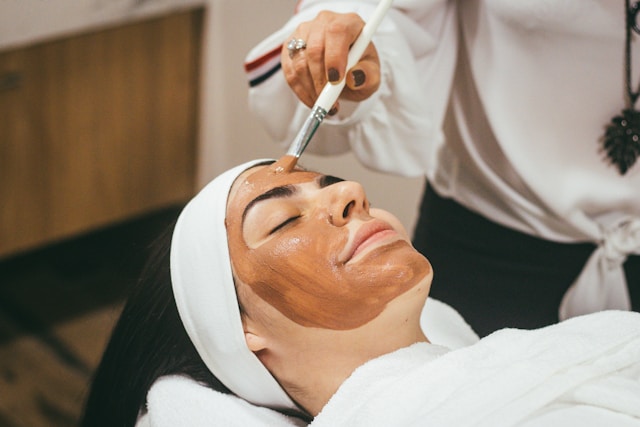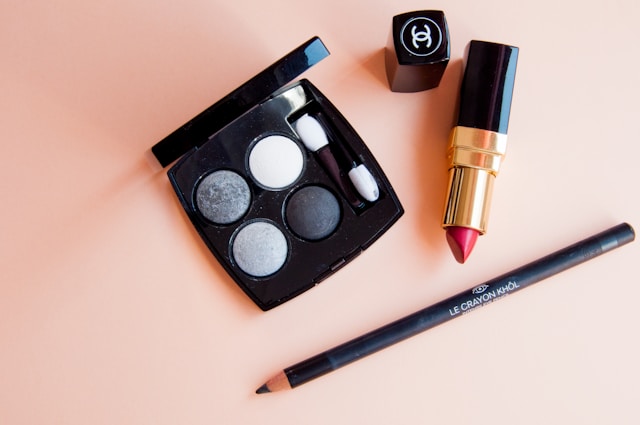The Psychology Behind Cosmetic Use: How Beauty Products Influence Mood and Behaviour
One significant psychological aspect of cosmetic use is the boost in self-esteem and confidence. For many individuals, applying makeup or using skincare products can lead to an enhanced sense of self-worth. The ability to alter one’s appearance, whether through concealing blemishes, accentuating features, or experimenting with different looks, often translates into a more positive self-perception. This improved self-image can contribute to higher self-esteem, which in turn can positively affect various aspects of life, including social interactions and personal achievements.
The ritualistic aspect of applying cosmetics also plays a crucial role in psychological well-being. For some, the process of applying makeup or skincare products can be a form of self-care and mindfulness. This daily routine offers a moment of calm and focus, providing a break from the stresses of daily life. The act of engaging in this ritual can be soothing, fostering a sense of control and relaxation. This mindfulness aspect is particularly valuable in managing stress and promoting overall mental health.
Cosmetics also have a significant impact on social behaviour and interpersonal interactions. The use of beauty products can influence how individuals are perceived by others and how they perceive themselves in social settings. Research has shown that people often associate well-groomed individuals with positive traits such as competence and confidence. This perception can affect social dynamics, including job interviews, dating, and everyday social interactions. Additionally, cosmetics can serve as a tool for self-expression, allowing individuals to convey their personality and creativity through their appearance.
The concept of “beauty as a tool for empowerment” is another important psychological factor. Many people use cosmetics to assert their identity and enhance their personal empowerment. By experimenting with different looks and embracing their unique beauty, individuals can feel more in control of their self-presentation and identity. This empowerment can lead to increased confidence and resilience in facing various life challenges.
The influence of beauty products on mood is also notable. The sensory experience of using cosmetics, such as the feel of a luxurious moisturizer or the scent of a favourite perfume, can have a direct impact on mood and emotional well-being. These sensory pleasures can create positive associations and enhance overall mood, contributing to a more enjoyable daily routine.
Furthermore, the psychological benefits of cosmetics extend to the realm of social and cultural identity. Beauty products often play a role in expressing cultural and personal identity, allowing individuals to connect with their heritage or align with certain social groups. This connection to identity can foster a sense of belonging and pride, further enhancing psychological well-being.
In conclusion, the psychology behind cosmetic use reveals the multifaceted ways in which beauty products influence mood, self-esteem, and social behaviour. From boosting confidence and providing a sense of control to shaping social interactions and personal identity, cosmetics have a profound impact on our psychological landscape. Understanding these psychological effects not only highlights the deeper significance of cosmetic use but also underscores the importance of considering mental well-being in beauty practices.





